Registration Venue Accommodation Transportation Schedule Panels Poster Session Lightning Talks Organizers
Panel 1: AERPAW User Stories
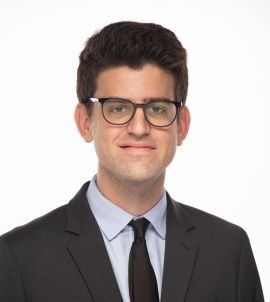
George Sklivanitis is the Schmidt Research Associate Professor of Electrical Engineering and Computer Science at Florida Atlantic University, a faculty founding member of the FAU Center for Connected Autonomy and AI (ca-ai.fau.edu) and a faculty fellow with the FAU Institute for Sensing and Embedded Network Systems Engineering (I-SENSE). His research focuses on modeling, optimization and experimental evaluation of advanced wireless communication systems in challenging, congested (and sometimes contested) communication environments. He has made leading contributions in software-defined radio testbeds for cognitive wireless mesh networking. In 2021, he was recognized by the Economist as one of the three winners of the 2021 World Ocean Initiative’s Ocean Changemakers Challenge and in 2014 he ranked 1st among all U.S. Universities in the Nutaq Software-defined Radio Academic US National Contest. Dr. Sklivanitis is a member of the ACM, SPIE, IEEE Communications, IEEE Signal Processing and IEEE Oceanic Engineering Societies. Since 2017, he serves as the co-organizer and technical program committee co-chair of the IEEE Workshop on Wireless Communications and Networking in Extreme Environments (WCNEE). He has won several teaching and research awards, including: Best Paper Award Finalist in the 15th IEEE International Workshop on Antenna Technology (iWAT-2019); 2017 SUNY Chancellor’s Award; Best Demo Award in the 10th ACM International Conference on Underwater Networks and Systems (WUWNet-2015); and 2015 SUNY Buffalo Graduate Student Award for Excellence in Teaching. His research at FAU is sponsored by NSF, AFOSR, AFRL, ARO, USSOCOM, Booz Allen Hamilton, NATO CMRE, and the Schmidt Family Foundation.
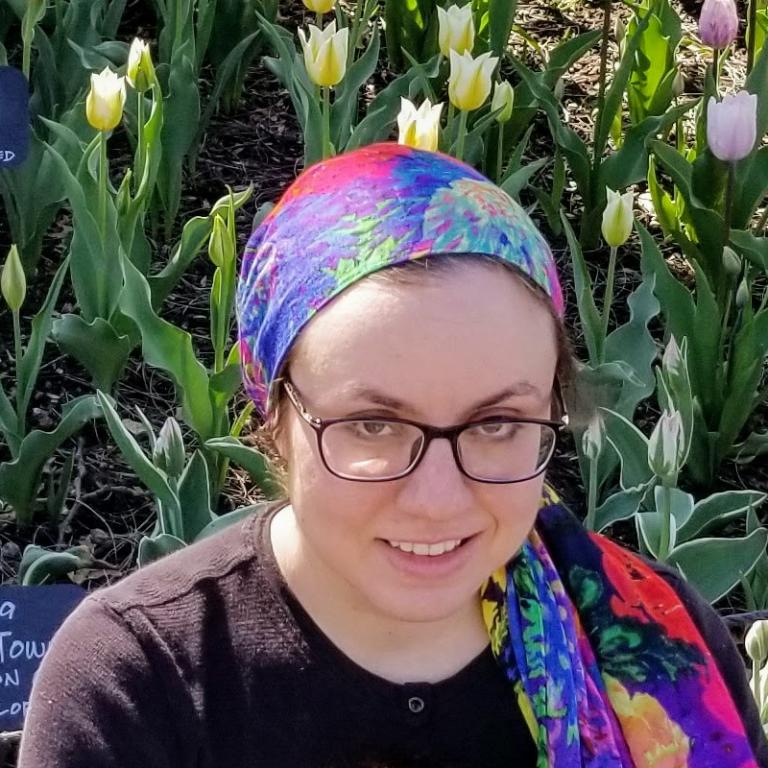
Fraida Fund is a Research Assistant Professor in the Department of Electrical and Computer Engineering at NYU, with affiliations at NYU WIRELESS and the New York State Center for Advanced Technology in Telecommunications (CATT). Her research interests are in computer networks and wireless systems.

Alicia Esquivel is a graduate research assistant at the University of Missouri, Columbia – USA. She pursued her master’s as a Fulbright Scholar and is currently working towards her PhD in Computer Science. Her research interests include cloud computing, drone video analytics, simulation and emulation environments, and the zero trust paradigm. She has also been working with various NSF-funded testbeds, including Chameleon Cloud, FABRIC, POWDER, AERPAW, and ARA, migrating simulation experiments to real-world use cases and infrastructures.
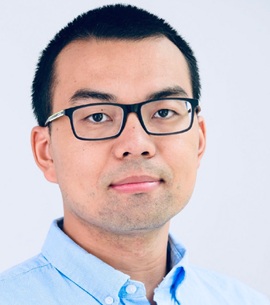
Haijian Sun (Senior Member, IEEE) is an Assistant Professor in the School of Electrical and Computer Engineering at The University of Georgia. He obtained Ph.D. degree in the Department of Electrical and Computer Engineering from Utah State University, USA, in 2019. His current research interests include vehicular communication, wireless communication for 5G and beyond, machine learning at the edge, cybersecurity, IoT communications, wireless systems, and optimization analysis. Dr. Sun directs the ESI Wireless Lab at the University of Georgia and has published extensively in the field of wireless communication. He is a recipient of the Best Paper Award from IEEE ISICN 2024. Dr. Sun is currently serving on the editorial boards for IEEE Communications Magazine and IEEE Network.
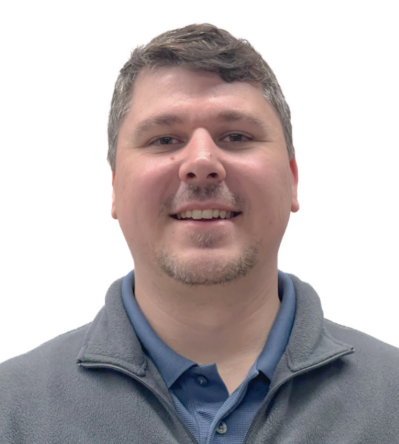
Paul Kudyba recently received his master’s in electrical and computer engineering from the University of Georgia. He received his B.S. in 2015 from Southern Polytechnic State University, now Kennesaw State. He is currently seeking opportunities for collaboration in machine learning for industrial processes and the Internet of Things.
Panel 2: Wireless Connectivity & Autonomy for UAVs and AAM
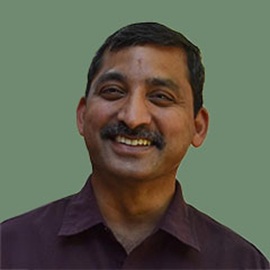
Kamesh Namuduri is a Professor of Electrical Engineering and the director of Autonomous Systems Laboratory at the University of North Texas (UNT). Namuduri is named as a “Distinguished Lecturer” by the IEEE Vehicular Technology Society for the term 2023-2025. He is serving as a Vice Chair for “Aerial Communications”, an Emerging Technology Initiative of the IEEE Communication Society, as an Expert Adviser on UAVs, COM/Access Core Standards Committee, IEEE Communications Society, and as a Co-Chair for the IEEE Future Networks Initiative Public Safety Technology Task Force. He is a co-editor for the book titled “UAV Networks and Communications” published by the Cambridge University Press in 2017. He led the Smart and Connected Community project on “Deployable Communication Systems” in collaboration with the government, public, and private organizations. He contributed to the development of research agenda, requirements and blueprints highly deployable communications systems led by the National Institute of Standards and Technology and National Public Safety Telecommunications Council.
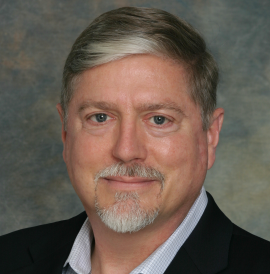
Andy Thurling is VP of Airspace Innovation at DroneUp, where he leads DroneUp’s development and execution of UAS airspace integration through the development of standards and shaping policies for commercial BVLOS at-scale. He was previously CTO at NUAIR and Director of Product Safety and Mission Assurance at AeroVironment. He is active in ASTM and RTCA and internationally with EUROCAE, as well as a subject matter expert to JARUS and ICAO. He is a Distinguished Graduate of the USAF Test Pilot School.

Mihail Sichitiu was born in Bucharest, Romania. He received a B.E. and an M.S. in Electrical Engineering from the Polytechnic University of Bucharest in 1995 and 1996, respectively. In May 2001, he received a Ph.D. degree in Electrical Engineering from the University of Notre Dame. He is currently employed as a professor in the Department of Electrical and Computer Engineering at North Carolina State University. His primary research interest is in Wireless Networking with an emphasis on multi-hop networking and wireless local area networks.

Larry (Chris) Sanders is a Senior Manager for the Verizon Frontline Crisis Response Team. He is responsible to all public safety professionals within the states of Georgia and Alabama to ensure they have everything they need to accomplish their respective missions at all times. His team accomplishes this by helping them stay connected, innovate, plan for the future, mitigate pain points, and prepare for times of crisis. He brings a mission-focused mindset with over 15 years of experience in aviation, operations management, emergency response, and safety, including almost ten years of active duty experience in the Army as a combat proven tactical air traffic controller. Chris has a BS in Criminal Justice Administration from Troy University, a BS in Unmanned Systems Science and Robotics from Embry-Riddle Aeronautical University and a MS in Geographical Information Science and Cartography from the University of Southern California. He developed the UAS program for the Verizon Frontline Crisis Response Team, the first dedicated UAS training program within Verizon.
Panel 3: Advanced Wireless Research Over AERPAW
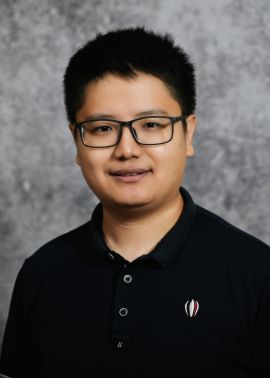
Yuchen Liu is an assistant professor in the Department of Computer Science at NC State University. He received his Ph.D. degree from the Georgia Institute of Technology. His research covers broad areas of networking, AI/machine learning, computing, and communication, spanning wireless networking and systems, mobile computing, machine learning for data and networks, new communication paradigms, optimization and algorithms. Yuchen also seeks to develop novel software and testbeds for the evaluations of computer networks with enhanced efficiency and run-time scalability. All research topics are investigated using theory, algorithms, simulation, and experimental techniques, which aim to increase the intelligence, capacity, and robustness of next-generation network and computer systems that support emerging applications on mobile edges, and enable the freedom experience via untethered and smart connectivity for work, entertainment, social connections, health, etc.
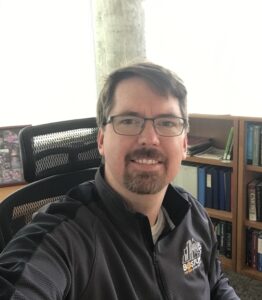
Brian Floyd is the Alton and Mildred Lancaster Professor in Electrical and Computer Engineering and a University Faculty Scholar at NC State University. He leads a research program in the areas of radio-frequency (RF) and millimeter-wave (mmWave) circuits and systems, organized as the iNtegrated Circuits and Systems lab at NC State (iNcs2 [rhymes with “NCSU”]). He also teaches analog, RF, and mmWave integrated circuit classes. See more info on his bio here. His research focuses on circuits and systems for wireless communications, imaging, and radar applications. Specific research topics include phased-array transceivers, software-defined radios, N-path filters, 6G communications and sensing, digital beamforming, built-in self-test and calibration, mmWave imagers, MIMO radar, AI approaches to RF design, 3D heterogeneous integration, and wireless technology for UAVs.
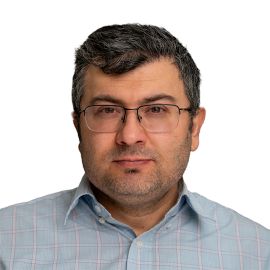
Ali Gurbuz received his B.S. in electrical engineering from Bilkent University, Ankara, Turkey, and his M.S. and Ph.D. degrees in electrical and computer engineering from the Georgia Institute of Technology in Atlanta. Prior to joining the North Carolina State University faculty, he was a postdoctoral fellow at Georgia Tech and held assistant and associate professor positions at Mississippi State University. He is a National Science Foundation Faculty Early Career Development (CAREER) awardee and a Turkish Academy of Sciences Best Young Scholar. He is currently an associate editor for the Institute of Electrical and Electronics Engineers Transactions on Aerospace and Electronic Systems. Gurbuz’s research integrates signal/image processing and machine learning for radar, remote sensing, and wireless communication applications. His interests include compressive sensing, physics-aware and explainable machine learning for inverse problems, computational imaging, multi-sensor activity sensing, radar/communication coexistence, passive sensing, unmanned aerial vehicle (UAV)-based remote sensing, and precision agriculture.
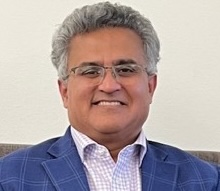
Kalyan Sundhar is a wireless industry leader with over 3 decades of experience in telecom. He is currently VP & GM of Wireless Test business. He is regularly involved in industry events such as delivering keynotes, hosting webinars, participating in panels, podcasts, etc. He has 9 patents in wireless and was also the co-author of the popular “5G for Dummies” book.
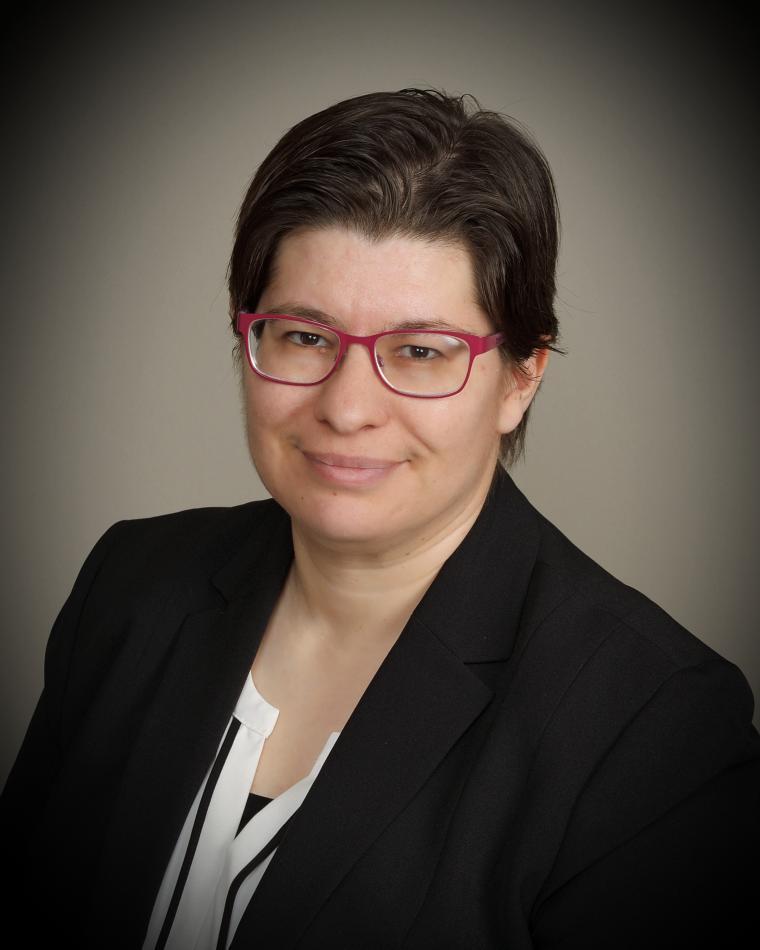
Sevgi Z. Gürbüz (S’01–M’10–SM’17) received the B.S. degree in electrical engineering with minor in mechanical engineering and the M.Eng. degree in electrical engineering and computer science from the Massachusetts Institute of Technology, Cambridge, MA, USA, in 1998 and 2000, respectively, and the Ph.D. degree in electrical and computer engineering from Georgia Institute of Technology, Atlanta, GA, USA, in 2009. From February 2000 to January 2004, she worked as a Radar Signal Processing Research Engineer with the U.S. Air Force Research Laboratory, Sensors Directorate, Rome, NY, USA. From 2017-2024, she was an Assistant/Associate Professor at the University of Alabama, Tuscaloosa, AL. Since January 2025, she has been an Associate Professor of Electrical and Computer Engineering at North Carolina State University, Raleigh, NC. Dr. Gürbüz’s main focus of research lies in the advancement of RF-enabled Cyber-Physical Human Systems (CPHS), radar signal processing and machine learning algorithms to address the challenges of robust, accurate human micro-Doppler signature analysis, automatic target recognition (ATR) and control of CPHS for automotive, health, human computer-interaction, and defense applications.
